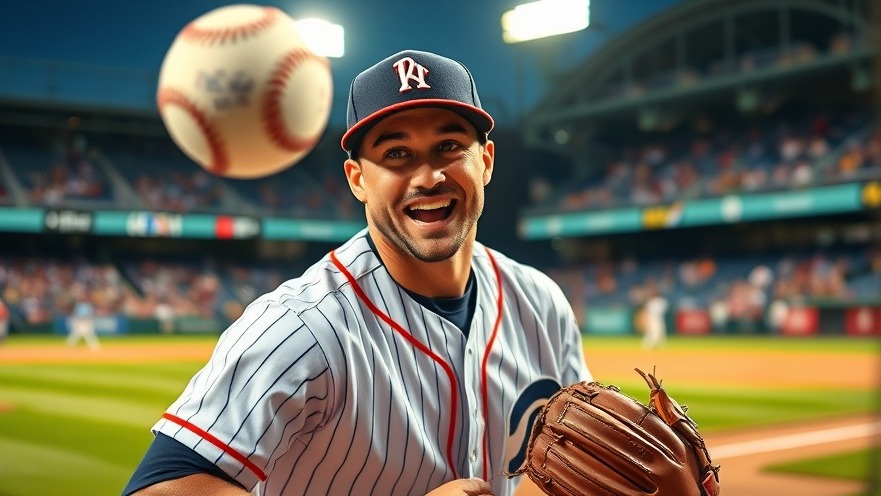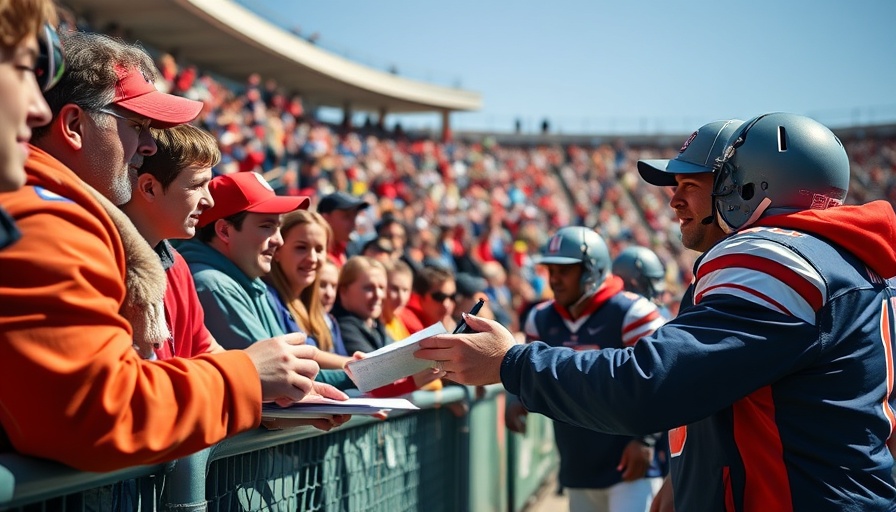
The NFL's Mental Health Challenge: Awareness and Action in Sports
In an age where mental health has gained focus in conversations across various industries, the NFL is not exempt from scrutiny regarding the well-being of its athletes. The amusing yet candid comment, 'I’ll be honest, I’m not feeling good,' shared by @connorandthejets, encapsulates the pressures faced by players in a high-stakes environment where performance is paramount. It ignites a broader dialogue about the often-overlooked emotional aspects of professional sports.
In 'I’ll be honest, I’m not feeling good,' the discussion dives into the often-overlooked topic of mental health in professional sports, prompting a deeper analysis.
Changing the Narrative: From Taboo to Transparency
Previously, mental health discussions were cloaked under the stigma of weakness in competitive sports. However, interviews and public discourse, including on platforms like TikTok, show that both players and fans are evolving. Athletes are sharing their vulnerabilities, making it clear that being open about one’s mental state doesn’t diminish their strength or capabilities on the field.
A Look at Current Trends: Athlete Support Systems
As the NFL approaches the Super Bowl 2025, organizations have begun implementing mental wellness programs and support structures. Mental health professionals are now essential parts of team rosters, helping players deal with the pressures of fame, injuries, and performance expectations. Teams are recognizing that elite athletes are humans first, illustrating a progressive change in the culture.
Impact on Performance: What the Data Shows
Research indicates a strong correlation between mental well-being and athletic performance. Improved mental health resources have resulted in increased focus, team cohesion, and overall performance on the field. During NCAA tournaments and March Madness, schools that prioritized players’ mental wellness saw not only better results but impressive morale among their teams. In college football, star players benefiting from mental support systems—like those vying in the Heisman Trophy race—often perform with more clarity and confidence.
Future Insights: What’s on the Horizon for NFL Players?
The attention towards athlete emotions is only set to grow. As mental health initiatives enhance, we can expect more innovative approaches, including technology-driven solutions like mental fitness apps and virtual support groups that can help integrate mental health practice into daily training routines. Organizations in the sports community will continue to evolve, aligning their resources strategically to address the rising emphasis on well-rounded athlete support.
Conclusion: Why This Discussion Matters Now
The conversation ignited by remarks like those made in the video highlights an urgent need for open dialogue around mental health in sports. As fans, players, and coaches come together to break the silence, the ripple effects will be profound. It’s not just about winning games; it’s about building resilient individuals.
Interested in more discussions surrounding mental wellness in sports? You can actively support the movement by engaging in local mental health initiatives and advocating for athlete support programs both within the NFL and in college sports. Your voice can help create an environment that nurtures the entire athletic experience—strengthening the game from the inside out.
 Add Element
Add Element  Add Row
Add Row 



Write A Comment